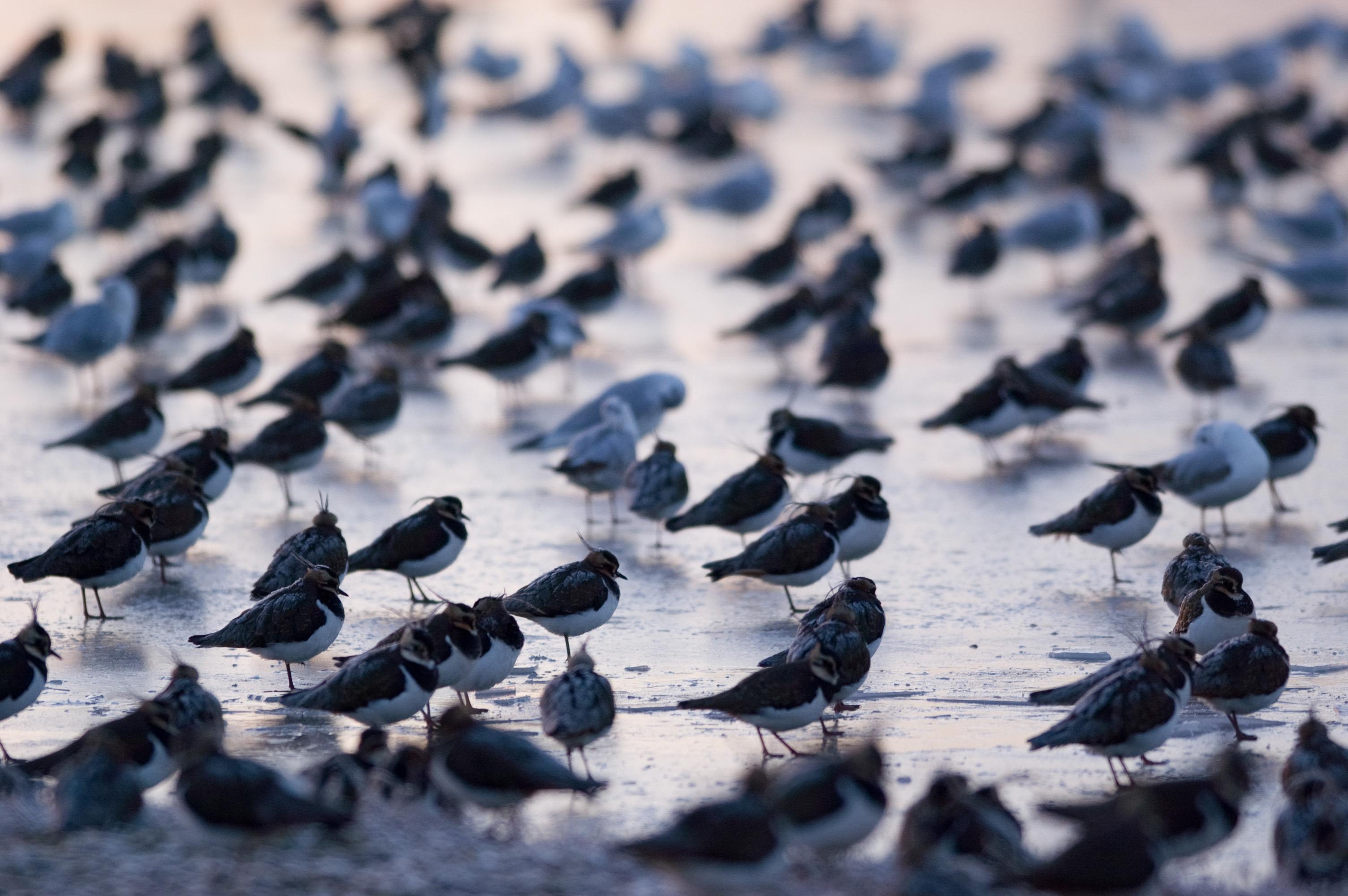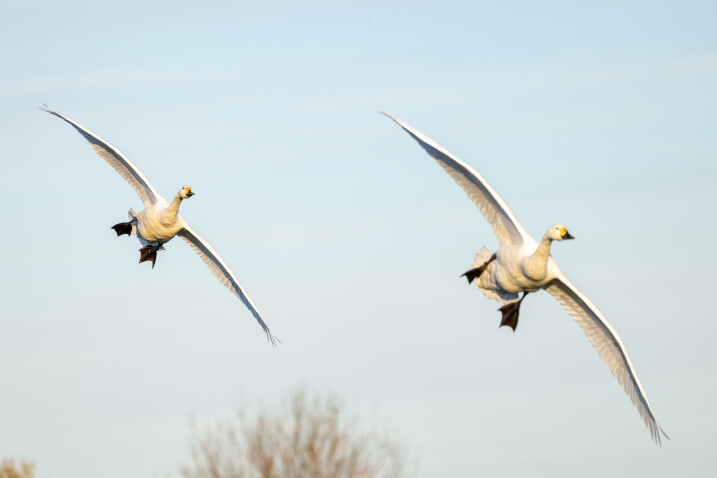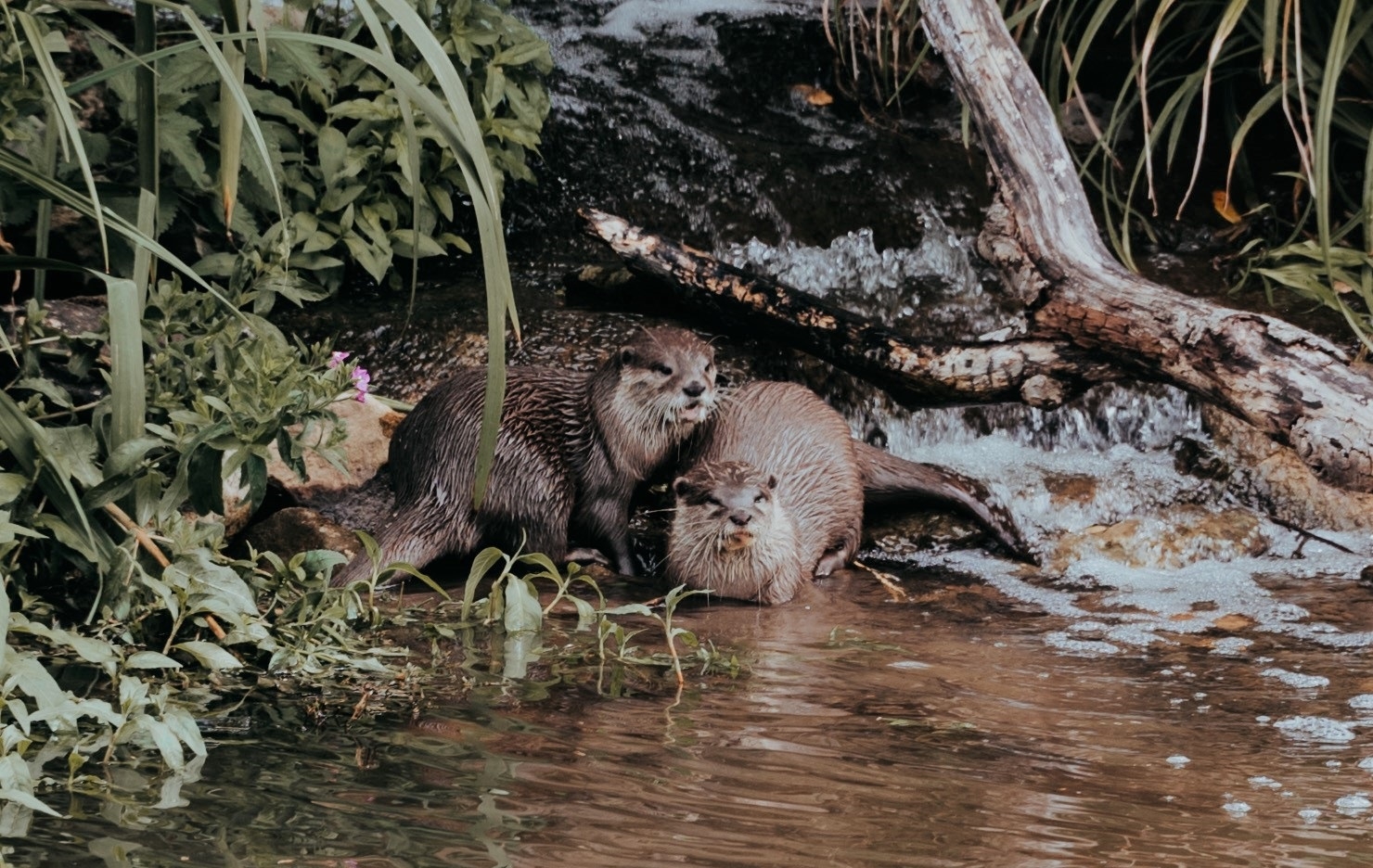Slimbridge's Debbie Pain named in top 50 Wildlife Power List

The WWT Director of Conservation at Slimbridge Wetland Centre, Debbie Pain, has been named as one of the top 50 most influential conservation heroes in the Wildlife Power List published by the BBC Wildlife Magazine.
Debbie was included in the Power List partly due to her pioneering work to research and reduce lead poisoning of wild birds from ammunition sources.
Also in the list were WWT vice-Presidents Sir David Attenborough and Chris Packham. Primatologist Jane Goodall was rated top of the Power List, which was based on the views of an expert advisory panel and how much impact each nominee’s work was creating.
Debbie said:
“I’m honoured and flattered to be included in such company. But WWT’s progress in protecting wetlands and their wildlife is due to the dedication of staff and volunteers across the Trust, I’m only one person in that team.”
BBC Wildlife Magazine editor, Matt Swaine, said:
“This List is the people who we believe will shape the way we see the natural world in the coming years and who have the greatest potential to deliver a positive outcome for wildlife both in the UK and abroad.”
Based at Slimbridge Wetland Centre in Gloucestershire, Dr Pain is a key part of WWT’s work to save wildlife and wetlands. She has overseen our work to save Critically Endangered species like the Spoon-billed sandpiper and the Madagascar pochard from extinction. She directs our research programmes as well as projects delivering conservation action on the ground in the UK and overseas. Examples include rearing cranes for reintroduction to South West England, the discovery of new populations of tadpole shrimp in Scotland, and restoring wetlands to benefit both threatened wildlife and local people in Madagascar.
Before joining WWT, Debbie spent 16 years with RSPB where she worked with BirdLife partner organisations around the world on research projects ranging from the impacts of different agricultural systems and climate change, to the causes of decline of globally threatened species like the Asian vultures, poisoned by veterinary use of the drug diclofenac.



